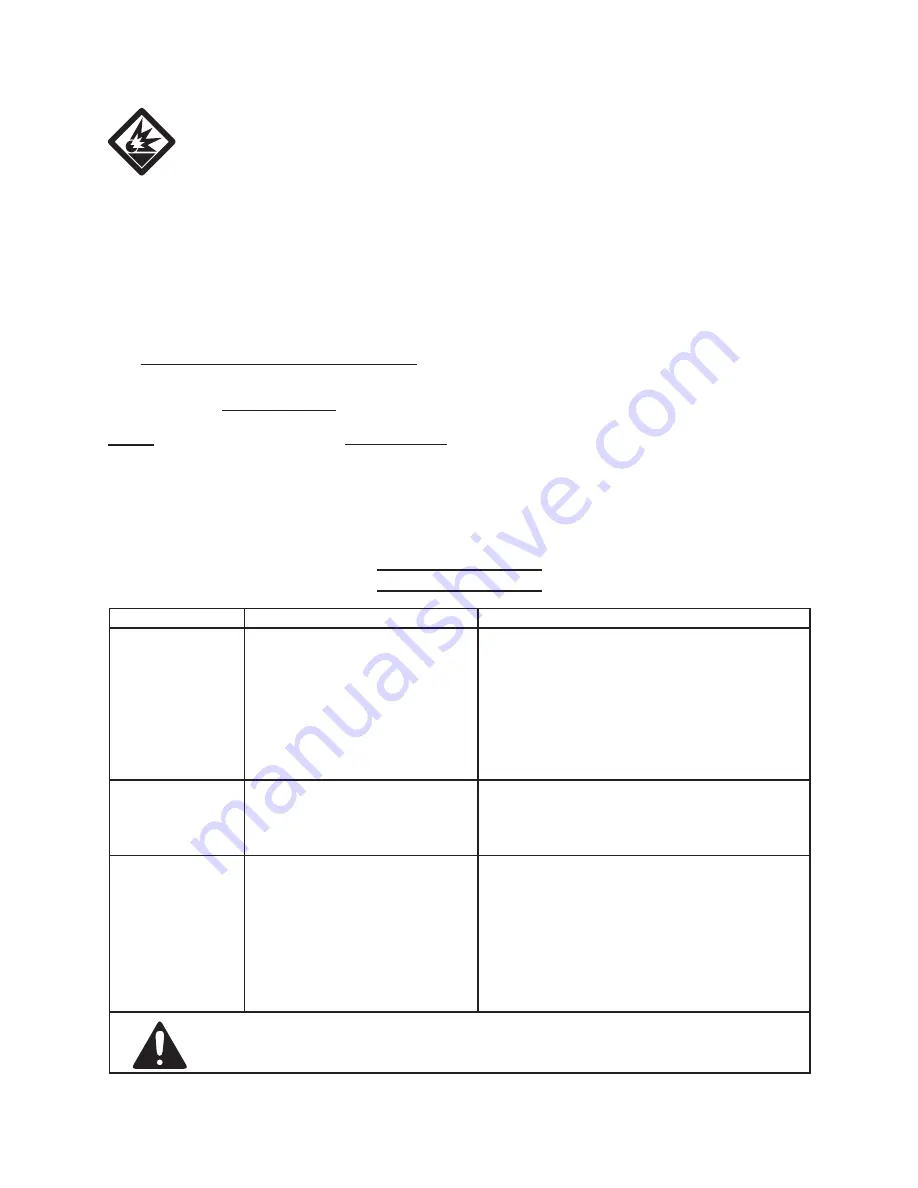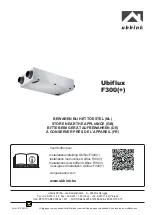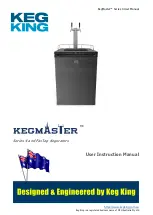
SKU 66786
for technical questions, please call 1-800-444-3353.
Page 10
To PREVEnT ExPloSion:
lubricate tool only with
specified lubricants.
lubricate air inlet using only
pneumatic tool oil. lubricate
internal mechanism using
only white lithium grease.
other lubricants may damage
mechanism and may be
highly flammable, causing an
explosion.
cleaning, maintenance, and
lubrication
note:
These procedures are in addition to
the regular checks and maintenance
explained as part of the regular op-
eration of the air-operated tool.
once a year after discharging con-
1.
tents of the Tank, remove the drain
Plug (24) to drain accumulated
sludge. To reattach the Plug, wrap
three turns of thread sealing tape
(not included) on the Plug thread
and secure in place. do not over-
tighten.
Keep the outside of the Tank free of
2.
oil or grease. Use only a mild soap
and damp cloth when cleaning. Do
not use flammable or combustible
solvents.
Before and during each use, inspect
3.
the Hose (13) for damage. Do not
allowed the used oil to surpass the
Tank’s 20-gallon capacity.
After use, store in a dry, secure area
4.
out of reach of children.
Troubleshooting
Problem
Possible causes
likely Solutions
Decreased output.
Not enough air pressure and/
1.
or air flow.
Blockage of hose.
2.
Accumulated sludge.
3.
Check for loose connections and make sure
1.
that air supply is providing enough air flow
(CFM) at required pressure (PSI) to the
tool’s air inlet.
do not exceed maximum air
pressure.
Gently blow air from Nozzle into Tube.
2.
After draining the oil, remove Plug and
3.
evacuated sludge.
Housing heats
during use.
Incorrect lubrication or not
1.
enough lubrication.
Worn parts.
2.
Lubricate using air tool oil and grease
1.
according to directions.
Have qualified technician inspect internal
2.
mechanism and replace parts as needed.
Severe air
leakage.
(Slight air leakage
is normal,
especially on older
tools.)
Cross-threaded housing
1.
components.
Loose housing.
2.
Damaged valve or housing.
3.
Dirty, worn or damaged valve.
4.
Check for incorrect alignment and uneven
1.
gaps. If cross-threaded, disassemble and
replace damaged parts before use.
Tighten housing assembly. If housing cannot
2.
tighten properly, internal parts may be
misaligned.
Replace damaged components.
3.
Clean or replace valve assembly.
4.
follow all safety precautions whenever diagnosing or servicing the
tool. disconnect air supply before service.































